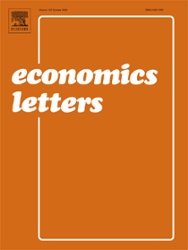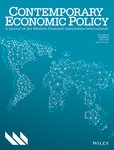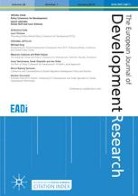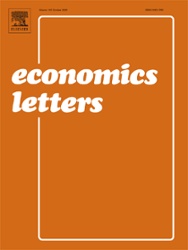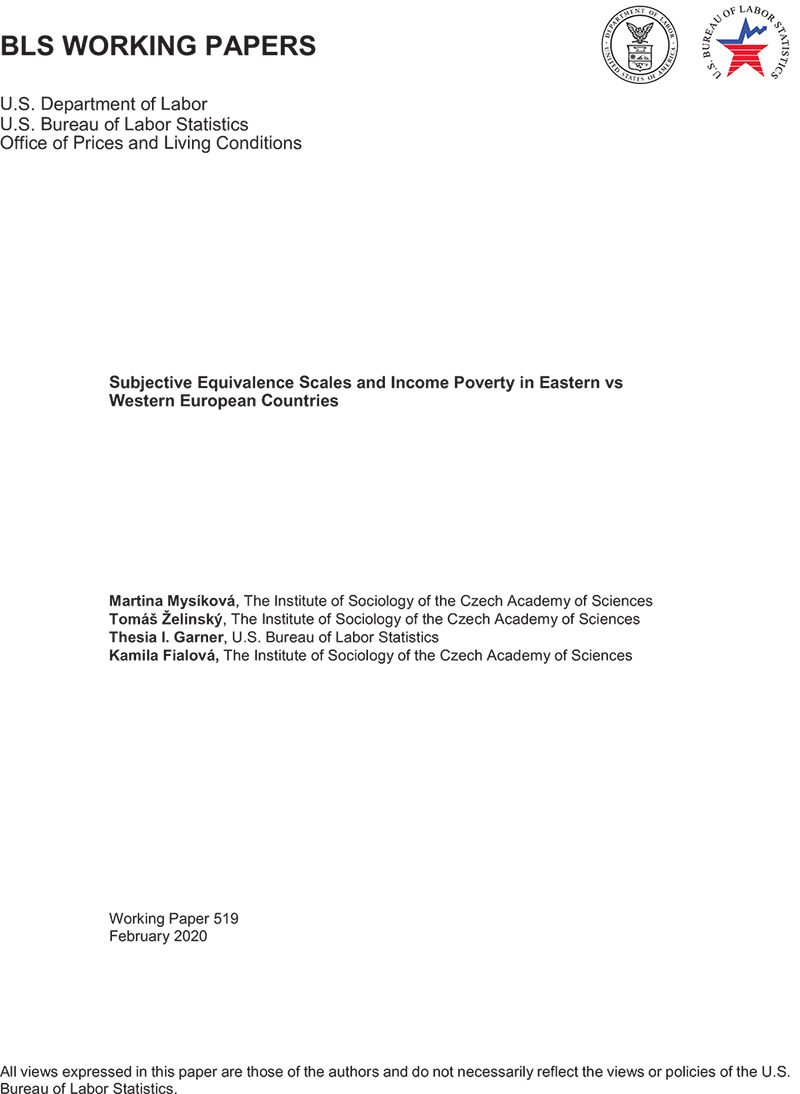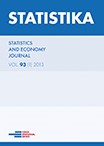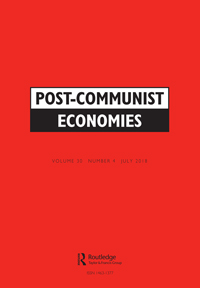Publications
Reassessing poverty measurement in Europe using a cash-flow-informed residual-income framework
Topics: European Union, Housing, Wages and Incomes, Standard of Living
The mediating role of financial well-being in the relationship between housing affordability and mental health
Topics: European Union, Housing, Economy, Standard of Living
Subjective equivalence scales in Eastern versus Western European countries
Topics: European Union, Wages and Incomes, Standard of Living
Trends in subjective income poverty rates in the European Union
Topics: European Union, Wages and Incomes, Standard of Living
Equivalence scale and income poverty: Two approaches how to estimate country-specific scale for the Czech Republic
Topics: Wages and Incomes, Standard of Living
Estimating subjective poverty lines with discrete information
Topics: Social Inequalities, Standard of Living
Choosing an optimal material deprivation indicator threshold
Topics: Social Inequalities, Standard of Living
Subjective equivalence scales and income poverty in Eastern vs Western European countries
Topics: Standard of Living
On the Measurement of the Income Poverty Rate: The Equivalence Scale across Europe
Topics: Standard of Living
Regional Patterns of Social Differentiation in Visegrád Countries
Topics: City and Village, Wages and Incomes, Work, Regions, Social Inequalities, Education
Subjective Perceptions of Poverty and Objective Economic Conditions: Czechia and Slovakia a Quarter Century After the Dissolution of Czechoslovakia
Topics: Standard of Living
The extent of poverty in the Czech and Slovak Republics 15 years after the split
Topics: Standard of Living
Chudoba a deprivácia na Slovensku: Metodologické aspekty a empíria
Topics: Standard of Living
Publication Type: Professional Book / Monograph
Department: Economic and Religious Studies
Social contagion of ethnic hostility
Topics: Economy
